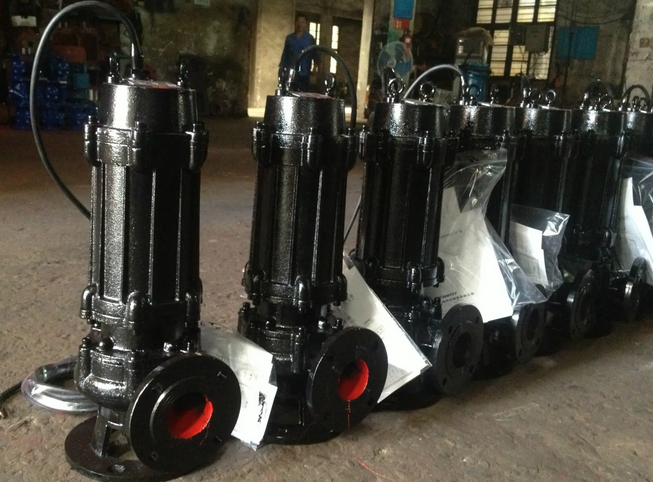What are the reasons why sewage pumps are easily blocked?
The main reasons why sewage pumps are prone to blockage are as follows:
1. Material composition in sewage
Accumulation of particles: Sewage often contains various solid particles, such as sand, gravel, fiber, etc. These particles are easy to accumulate in the impeller and pump casing of the pump, resulting in a decrease in the flow of the pump and eventually blocking the pump. Especially when the particles are large or the concentration is high, the risk of blockage is higher.
Grease solidification: Grease is one of the common substances in sewage. It is easy to solidify in the impeller and pump casing of the pump, forming harder lumps, which hinder the normal flow of water and cause the pump to be blocked.
2. Pipeline design and maintenance
Improper pipeline design: Particles are easily accumulated at the bends and mutations of the pipeline, resulting in uneven water flow and reduced flow, which affects the normal operation of the pump.
Improper maintenance: If a long-term running pump lacks regular maintenance and care, accessories such as the impeller and ball bearings are prone to wear or accumulation of sediment, which in turn leads to pump blockage.
3. Pump design and selection
Inappropriate pump type: Inappropriate pump type and pump parameters will make the pump inefficient and easy to block. For example, if the pump head or flow rate does not match the actual demand, it may cause the pump to frequently clog during operation.

4. Other factors
Increase in sewage disposal costs: As industrial enterprises strive to reduce the water consumption per unit of product production, the content of solid matter and fiber in sewage is getting higher and higher, which also increases the risk of sewage pump clogging.
Application of energy-saving means: Sewage pumps are increasingly using speed-adjusted drive methods to save energy, but this method cannot completely guarantee that the pump will not clog.
Solution
For the above reasons, the following measures can be taken to reduce the clogging of sewage pumps:
Choose a suitable pump: Choose the appropriate pump type and parameters according to actual needs to ensure the efficient operation of the pump.
Strengthen cleaning and maintenance: Clean and maintain the pump regularly, and replace worn impellers and ball bearings and other accessories in time to prevent pump failure and clogging.
Optimize pipeline design: Rationally design the pipeline layout, reduce bends and mutations, and ensure smooth water flow.
Install filtering devices: Install sieve plates, filters or fiber filters at the inlet of the pump to reduce the entry of solid particles and fibrous substances into the pump.
Adjust operating parameters: Adjust the pump operating parameters such as speed, flow rate, etc. according to actual conditions to ensure that the pump operates in the best condition.




